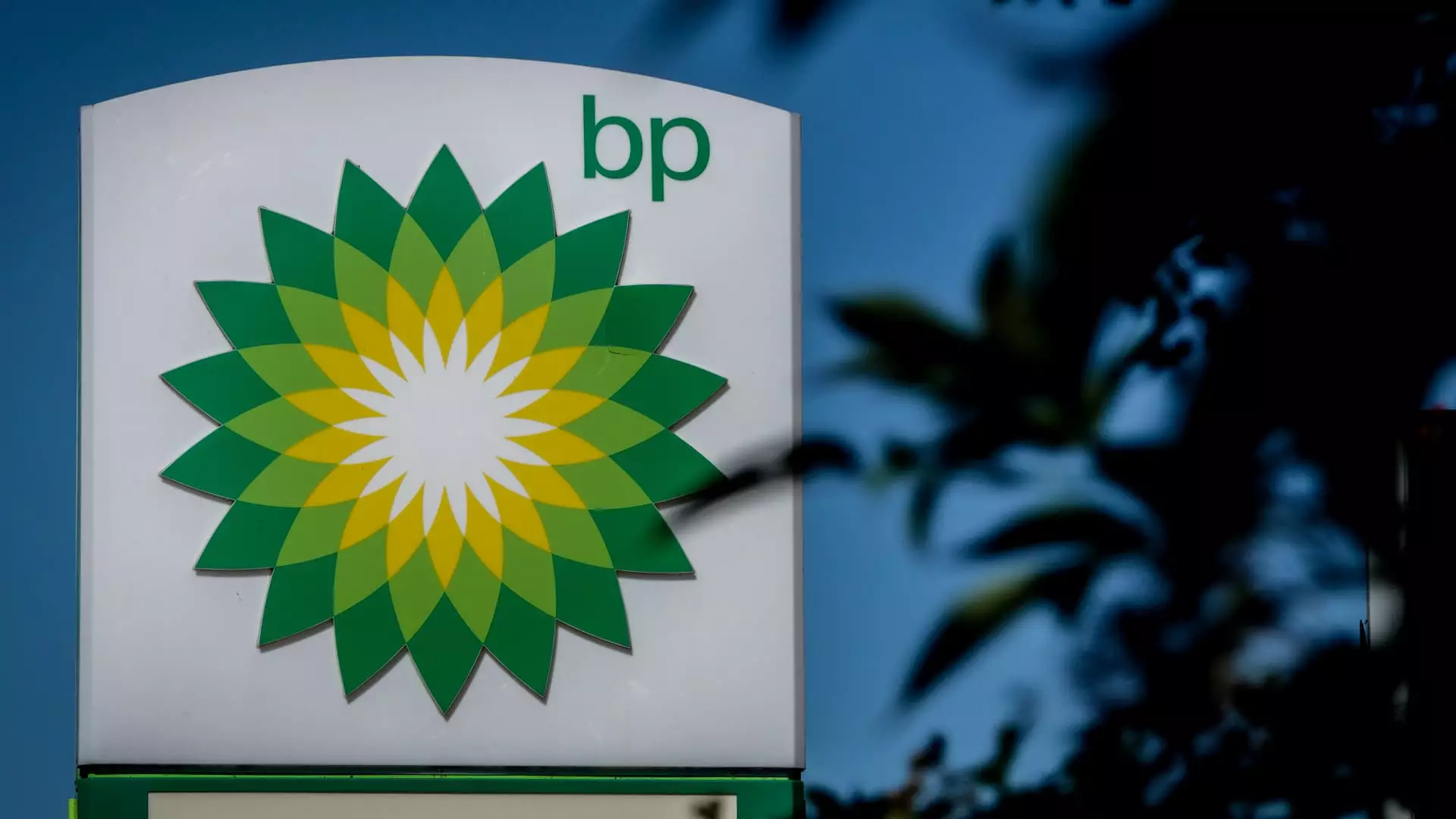The recent announcement by BP regarding its anticipated impairment of up to $2 billion in the second quarter has sent shockwaves through the market. As a result, BP shares dropped by 2.6% in early trading, reflecting the investors’ concerns about the company’s financial health. The energy firm also highlighted that weaker refining margins and oil trading performance will negatively impact its second-quarter results, which are set to be released on 30th July.
BP’s challenges go beyond just financial setbacks. The company is currently in a period of transition after the sudden resignation of former CEO Bernard Looney, who stepped down due to undisclosed personal relationships with colleagues. This unexpected change in leadership has raised questions about the company’s stability and strategic direction. Despite appointing Murray Auchincloss as the new permanent CEO, BP is still facing uncertainties regarding its future path.
In response to the challenging market conditions, BP has set a target of achieving at least $2 billion in cash cost savings by the end of 2026. While cost-cutting measures are essential for improving efficiency and profitability, they may not be sufficient to offset the impact of lower refining margins and volatile oil prices. The company’s first-quarter results already showed a drop in profit due to weaker margins in fuels and declining gas and oil prices.
The news of BP’s expected impairment is not an isolated case in the energy sector. Last week, rival company Shell also announced a similar post-tax impairment hit of up to $2 billion, primarily related to its operations in Singapore and Rotterdam. This trend suggests that energy companies are facing common challenges, such as weak demand, pricing pressures, and regulatory uncertainties, which are impacting their financial performance.
In light of these developments, BP’s ongoing review of its Gelsenkirchen refinery in Germany is crucial for assessing its operational efficiency and cost structure. The company must be prepared to make tough decisions regarding asset impairments and contract provisions to streamline its operations and improve profitability. As BP navigates through this challenging period, it must focus on enhancing its competitiveness, innovation, and sustainability to secure its long-term success in the rapidly evolving energy landscape.

Leave a Reply